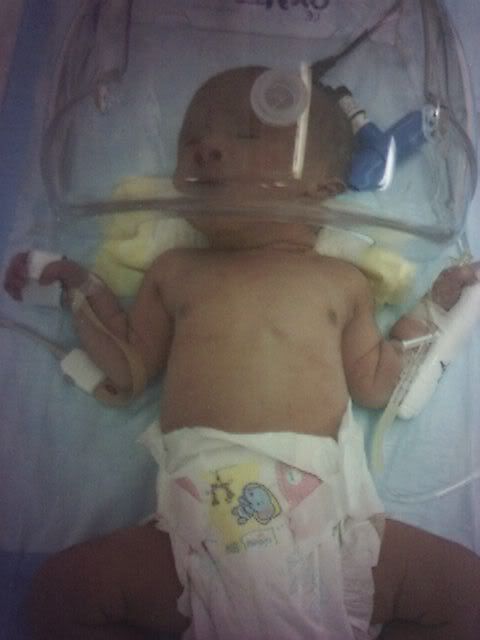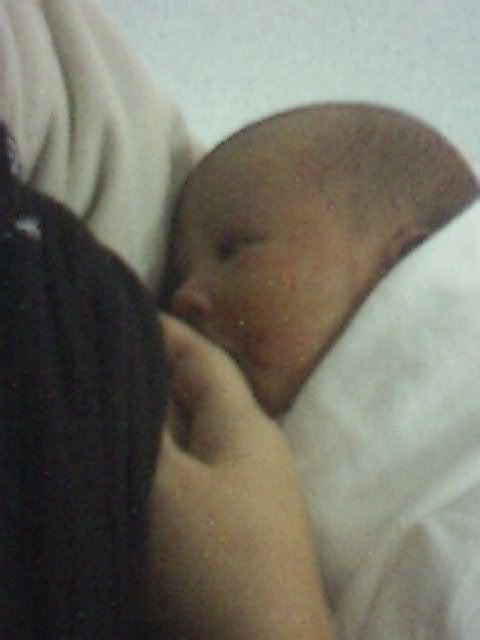Let's not take our laptops to bed My seven-year-old daughter fell seriously ill a few days after I came back from attending a three-day adventure camp as part of my work.
I felt guilty. My first reaction was that, if I had not gone for the camp, she would not have fallen sick.
Recently, a friend passed up an opportunity and promotion to work in Beijing as it involved uprooting her family and sacrificing her husband's career. Another friend declined an opportunity to set up a service call centre in India because she was worried that this would have an adverse effect on her children.
I know that all three of us will have work on our mind this weekend, mentally organising the tasks we have to complete before the start of the next week.
Work-life harmony has been the buzzword since the setting up of the Work-Life Works Fund in August 2004, when the Government pumped in $10 million to facilitate the development and implementation of the Work-Life Strategy at the workplace.
But, like the three examples cited above, some job assignments require the women to leave the family and home for a considerable period. More women are required to travel overseas, be posted overseas or expected to work long hours.
How then does the career woman balance her career and her call to be a nurturing mother? Can we have our cake and eat it at the same time? Is it possible to bring up emotionally well-adjusted children while still climbing the career ladder?
Some of us are in the "sandwiched" generation where we have to take care of both our children and elderly parents.
With globalisation and technological advances, many of us bring our work into the home and bedroom. It is not uncommon for us to work at odd hours to connect with workers in other parts of the world. Once, close to midnight, my husband and I settled in bed, both with laptops on our laps. We worked until about 2am.
We realised then that we were working too hard, and asked ourselves if we were sacrificing too much of our family life for our work life?
At that point, I seriously considered quitting my job as I was not willing to continue to sacrifice my family for my work. My colleagues, especially those who have younger children, have shared similar sentiments.
Former labour chief Lim Boon Heng has highlighted the importance of keeping women in the workforce. It is about time that employers put in the extra effort to put work-life strategies in place instead of paying mere lip service to the concept.
For example, parents of children under six should be given the right to request flexible working arrangements or at least to forgo overnight duty. Employers have a duty to consider the request if it has no detrimental impact on the business.
Another option is the compressed work-week, in which one works full-time for four days and then enjoys a longer weekend and more time with the family.
And how about job sharing, in which two people split the demands of a single job, so that enough support is given to each employee and the responsibilities are balanced?
Finally, employers can introduce the concept of protected time for the employee. When I was holidaying in New Zealand, our bus driver was given a day off after three days of driving. So, we stopped at Queenstown for a day of rest and recreation.
In Singapore, employers could give employees the assurance that they will not receive SMSes, email or phone calls after a certain hour in the evening. I once heard of a deputy head who wanted to continue a meeting using MSN chat during dinnertime.
There are several benefits of adopting work-life strategies that help us working mothers cope with the demands of being both mothers and career women so that we are not forced to quit our jobs. Not only will Singapore be able to retain its talent pool, which is already so limited, but companies can also save on recruitment and training costs with the lower staff turnover.
With good work-life strategies in place, there will be less absenteeism and fewer people taking sick leave. A happy and contented employee will also be more productive and offer better services.
Ultimately, an employee is more than an economic digit. He or she has a family, a need to establish lasting relationships and the right to a day of rest.
The writer is a mother of six.
This article frist appeared in Today on 3rd May 2007=================================================================
Let's wake up to alternative work regime Flexible arrangements are not hard to implement, if employers are willing
Letter from Foo Chin Peng
I refer to the I Say by Frances Ong ("Let's not take our laptops to bed", May 3).
I count myself lucky for the kind of work arrangement I have. I work in a foreign multinational company in the customer support/sales department. I work from home, go to the office one day a week, and attend meetings with customers or suppliers as and when required.
I have had this arrangement for three years and I am very content with it as it allows me more time with my children, a nine-year-old girl and a six-year-old boy.
When I started my career as an engineer years ago, it never occurred to me that I would consider quitting my job one day so that I could stay at home to be with my children. I was lucky to be offered this post when I resigned from my previous job.
My previous employer did not have such a work arrangement in place when I left, neither did my supervisor propose it.
Management and human resource practitioners have to think out of the box and be willing to take calculated risks in order to keep experienced staff. Employers in Singapore seem slow to adopt new practices. Managers opt for the easier route and hire new staff when current staff members resign.
Don't our managers trust the staff to contribute with a work-from-home arrangement? Why do managers have to ensure that employees are at their desks during office hours?
I think it is important that managers have a comprehensive common understanding with the staff on their job scope, and leave the staff to do their work.
Staff, on the other hand, have to ensure they meet their end of the bargain.
However, I would like to add that such an arrangement may not be for everyone or every job. One must learn to be independent, disciplined and self-motivated in order to be able to work from home.
Also, working from home does not necessarily mean that I have all the time I want with the kids. It just means that I can spend relatively more time with them. I still depend very much on my mother-in-law to help with my kids, cooking etc. I think it would be too ambitious to think that one can work from home and take care of every other chore as well.
When I took this job, I had to take a big pay cut. As I was the first employee in the company to be offered such a working arrangement, the discussion of pay was a rather ambiguous process.
Financially and professionally, I had to make a sacrifice. My job title may suggest a demotion, I have now less authority and no staff reporting to me, and my current post requires me to sign an annual contract since the company does not have a system for alternative work arrangement.
But as I am happier with my work arrangement, I often work outside of my work hours when there is a need to. I work according to need and not just during office hours. I find myself saving lots of time on travelling and on getting ready to go to work.
True to Ms Ong's article, as a happy worker, I have not taken sick leave in the past three years.
I believe mine is just one of the many varieties of alternative work arrangements which can be arrived at in the case of parents who need it. Many of my friends have said they would like to be able to work on such terms.
I certainly hope that there can be a framework for alternative work arrangement available to companies.
Like it or not, in Singapore, everyone seems to be waiting for the Government to do something about it. We really need to start on this drive, for our children's sake.
Flexible arrangements



